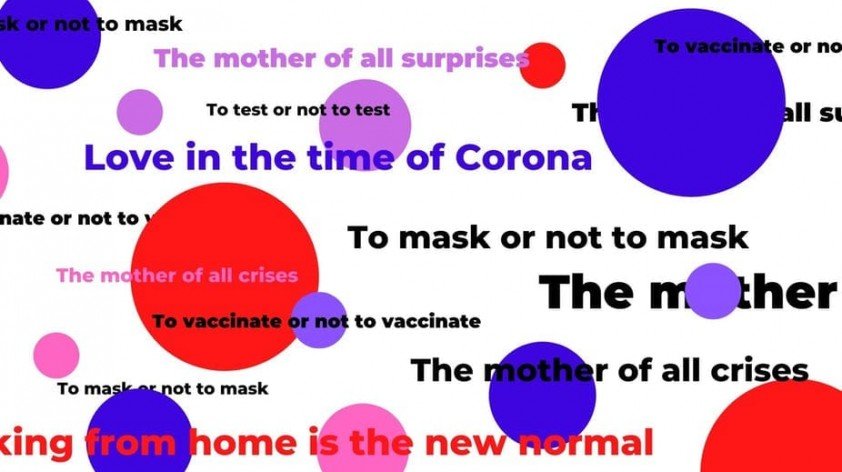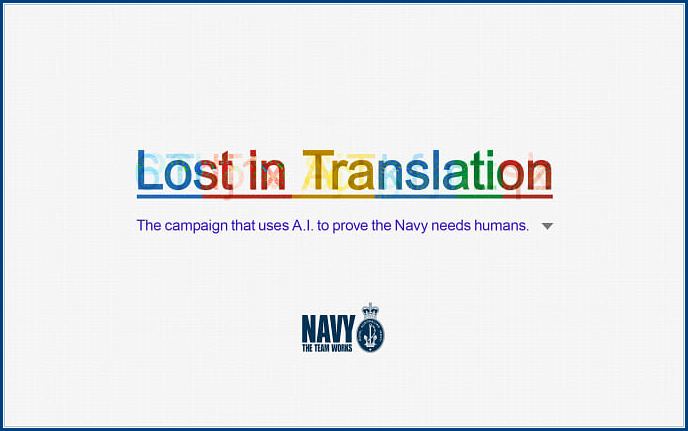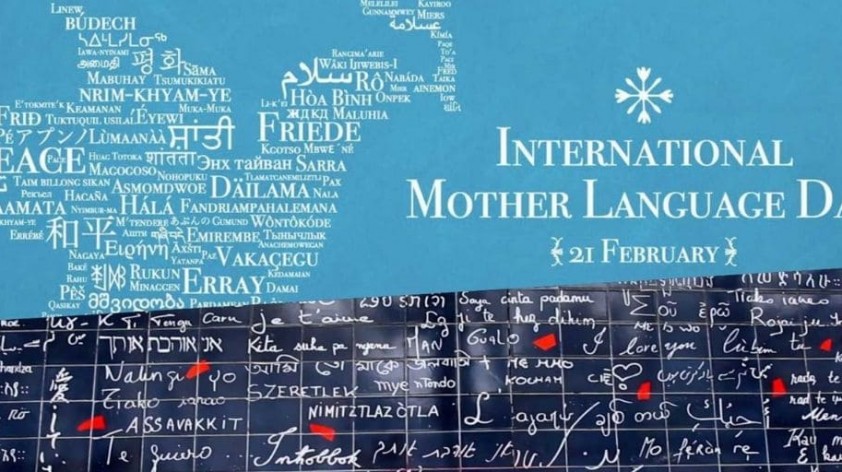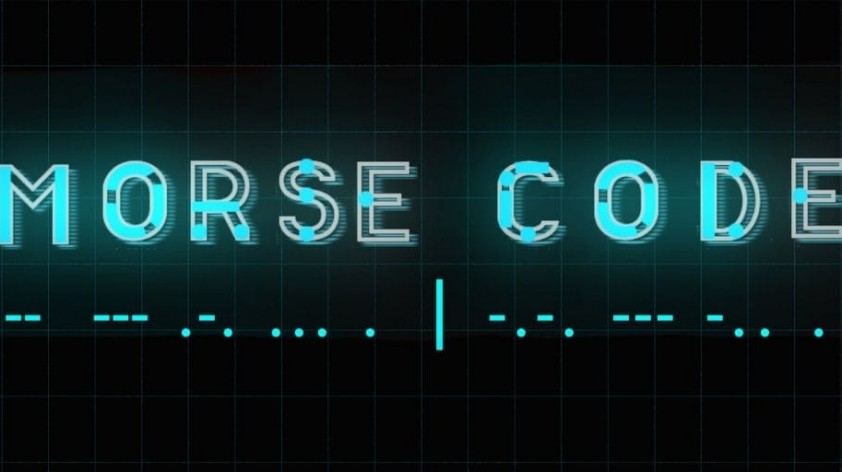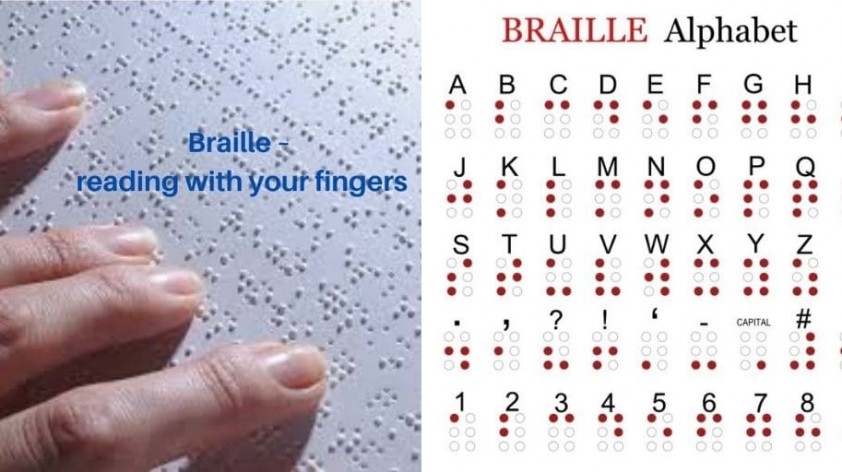During the COVID-19 pandemic, we have seen an explosion of new words and phrases in English (for example, ‘covidiot’) and other languages, e.g. ‘Coronaspeck’ in German (to describe lockdown weight gain) that have helped us make sense of a period defined by social confusion and constant change, as well as global stagnation. The scope of language innovation in relation to…
The Royal Australian Navy needed to recruit 40 Navy Cryptologic Linguists, a priority role whose primary duty is to intercept and translate foreign languages. To generate recruitment buzz, last year they launched a digital campaign that highlighted the need for human translators. Thus they began to enlist the help of Artificial Intelligence, the very technology most job seekers are fearful…
The companies CuriousMinds in Munich, providing strategic and technical management consulting, and AVALON Linguistic, with its offering of integrated professional language services in Europe, have in common that, in addition to their focus on the quality of consultancy, performance, and service, they both also consistently and proactively embrace the challenges of the technological development. This courage to innovate directly benefits…
CuriousMinds in Munich … more than consulting. Today we are pleased to introduce the company CuriousMinds in Munich, Germany, as our new partner in digitalisation, innovation management and management consulting. They are our best recommendation if you want to take your company to the top. The experts from the CuriousMinds team have already helped us highly effectively, and they will certainly…
International Mother Language Day 21 February was announced by the UNESCO in 1999 to celebrate cultural diversity and to commemorate the “language martyr” experienced by students 1952 in Bangladesh. These students are now honoured by the encouragement of multiculturalism and the promotion of protective measures for endangered languages. It is hard to imagine the challenges faced by students who have…
Samuel F. B. Morse invented his eponymous ‘Morse code’ as a way to communicate via a series of dots and dashes. This elegant system revolutionised communications back in the 1800’s. Under the code, every letter in the English language – along with most punctuation marks and each number from zero through nine – was given a unique, corresponding set of…
World Braille Day celebrates every year on 4 January the birth of Louis Braille, inventor of the touch reading and writing system used by millions of blind and partially sighted people all over the globe. Braille is a system of reading and writing for blind persons in which raised dots, in a series of 6 dots paired up in 3…
Remote work / working from anywhere is more than just a trend or a temporary fix to the current coronavirus pandemic: Remote work provides the flexibility which is a core part of the 21st-century workplace and is going to become the new mainstream. Remote companies and remote working are the “future normal”.
World Freedom Day has been designated in 2001 by then US President George W. Bush to commemorate the fall of the Berlin Wall. The date is not so much about the wall itself though, but more about what it symbolised: the end of communism in both Central and Eastern Europe. This special day was created to celebrate the reunification of…


